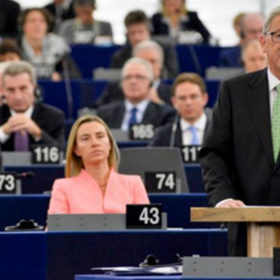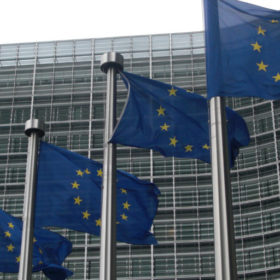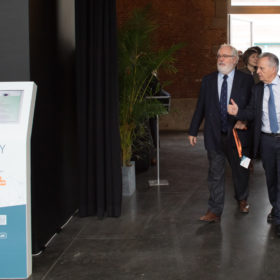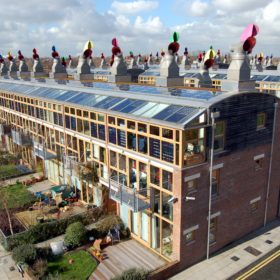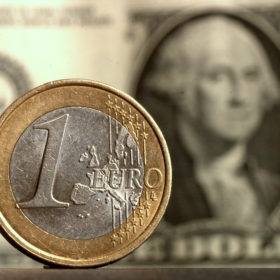IEEFA joins calls for policy clarity about UK’s net zero ambition
An energy finance consultant from the international thinktank has added his voice to demands Theresa May, or her successor, spell out exactly how the decarbonization target will be met, and cited failings on solar as a warning on how not to proceed.
EU Council of Ministers gives final green light on clean energy package
Long awaited – and even longer debated – the 1000 pages of legislation have finally been adopted by all EU institutions. Over the coming 18 months, there will be changes, some big, some small, to the markets in Europe. Across the continent, the renewable energy industry is likely to benefit.
EDF-led consortium wins Moroccan tender for 800 MW CSP-PV project with price of $0.070/kWh
The grouping, which includes UAE-based Masdar and Moroccan independent power producer Green of Africa, is planning to begin construction this year. The project is among those realized by the Moroccan Agency for Sustainable Energy, as part of the Noor Solar Plan to develop a minimum 2 GW of capacity by next year.
RWE abandons plans for 1.1 GW lignite-fired power station in Germany
The utility claims that current market conditions are not ideal for the project, which has been under consideration since 2012. The power station was meant to replace existing lignite capacity, and according to RWE, it would have been more efficient. The company says that it will refrain from making further investments in coal capacity while increasing its focus on renewable energy and storage.
European Parliament approves electricity market design proposal
The European Parliament has approved the final four pieces of legislation in a proposal from the European Commission. With that, the Clean Energy for All Package is now complete and is only waiting for support from the Council of Ministers.
EU call for energy infrastructure proposals backed by €750m of funding
Under its Connecting Europe Facility (CEF), the bloc has opened another call for applications to build cross-border energy infrastructure projects. It has already agreed to provide a grant of €323 million to synchronize the regional grid in the Baltic States.
EU clean energy transition receives an €800 million boost
The funds will come from the Connecting Europe Facility. Around €504 million will be used for electricity infrastructure and smart grids and another €286 million will be devoted to gas. The remaining €9 million will be allocated to studies on the development of carbon dioxide transport infrastructure.
Renewables, an antidote against volatile electricity prices for the EU
The European Commission says renewables are playing a central role in lowering spot prices and stopping rises in network charges and fees. In the EU energy market, however, coal and gas still dominate, ensuring power prices are unpredictable.
EU issues £1.9 million grant to Britain for PV and energy efficiency
The UK cities of Bristol and Plymouth and the county of Devon will get £1.9 million to develop energy efficiency, sustainability, and clean energy projects. Bristol in 2014 received a £50 million grant to accelerate its plans to be carbon neutral by 2050. Devon has ambitious plans of becoming 80% carbon neutral by the same date.
EU uses energy industry to strengthen euro against US dollar
The European Commission has adopted a recommendation to promote the wider use of the euro in international energy agreements and transactions. The aim is to strengthen the role of the single currency on the international financial system.

